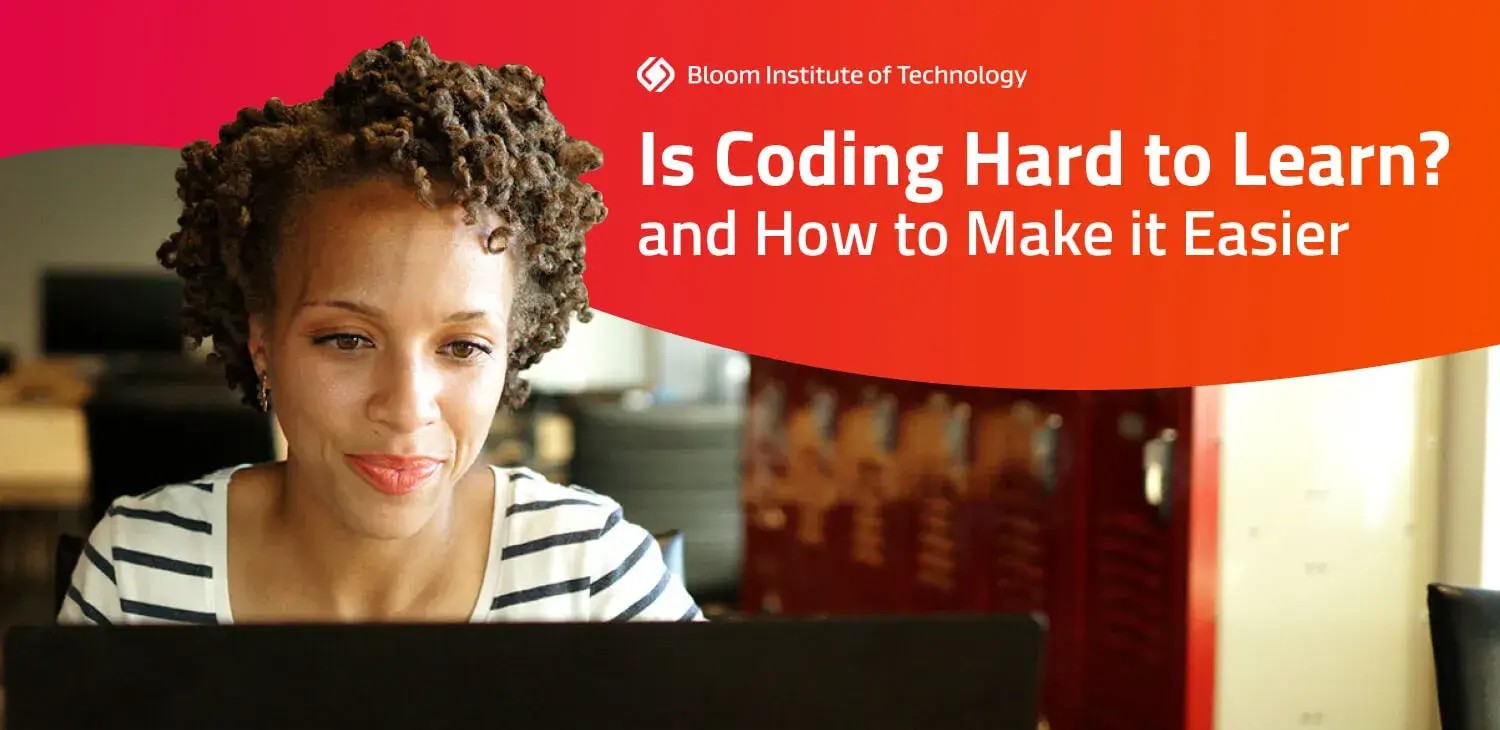 Student working on laptop
Student working on laptop
The prospect of learning to code can feel daunting. Lines of complex syntax, unfamiliar terminology, and the sheer breadth of the field often intimidate aspiring programmers. Is coding truly as difficult as it seems? This article delves into the realities of learning to code, dispelling common misconceptions and providing actionable advice for beginners.
Is Coding Really That Hard?
While coding isn’t necessarily easy, it’s also not an insurmountable challenge. The initial learning curve can be steep, but with persistence and the right approach, significant progress is achievable. The key lies in overcoming initial hurdles and recognizing that coding, like any skill, becomes easier with practice.
As Danielle Koduru, a data scientist and BloomTech graduate, shares, “It was definitely very challenging getting over that first hump… [Then] things were starting to click.” This sentiment echoes the experience of many coding beginners; the initial confusion gives way to understanding and confidence as foundational concepts solidify.
Learning to code is akin to learning any new skill, whether it’s playing a musical instrument or mastering a new language. It requires dedication, effort, and a willingness to learn from mistakes. While some individuals may possess inherent aptitudes that lend themselves to programming, such as logical thinking and problem-solving skills, coding proficiency is ultimately developed through learning and experience.
Common Misconceptions About Coding Difficulty
Several myths contribute to the perception of coding as an excessively difficult endeavor. Let’s address these misconceptions head-on:
The Math Myth
While coding is rooted in mathematical principles, the day-to-day work of a programmer rarely involves complex calculations. Basic arithmetic and logical reasoning are typically sufficient. Specific roles may require deeper mathematical knowledge, but this is not a universal requirement. Modern programming emphasizes logic and problem-solving over advanced mathematical expertise.
The Competition Myth
The tech industry is undeniably competitive, but the demand for skilled programmers continues to outpace supply. This high demand translates into ample opportunities for aspiring coders. Finding a niche within the industry, leveraging existing skills and experience, and focusing on personal strengths can mitigate the perceived threat of competition.
The Confusion Myth
Coding, like any new subject, can be initially confusing. However, with consistent effort and structured learning, the underlying principles become clearer. Guided learning, through online courses or bootcamps, can significantly reduce confusion and accelerate the learning process.
The Overwhelm Myth
The vast landscape of programming languages and frameworks can feel overwhelming. The key is to start with foundational concepts and gradually expand knowledge. Mastering one concept at a time builds a solid base for future learning. Resources like BloomTech’s flexible courses allow learners to revisit previous material and reinforce their understanding.
The Constant Change Myth
The ever-evolving nature of the tech industry necessitates continuous learning. However, this dynamic environment also fosters innovation and presents ongoing opportunities for growth. Adaptability and a commitment to lifelong learning are crucial for success in this field. BloomTech addresses this by regularly updating its curriculum to reflect industry best practices.
Tips for Easier Coding
Several strategies can simplify the coding journey:
- Use Comments: Annotating code with comments clarifies its purpose and logic, making it easier to understand and maintain.
- Join a Community: Engaging with other coders provides support, fosters collaboration, and offers valuable insights.
- Take a Course: Structured learning through a coding course provides a roadmap for acquiring essential skills and knowledge. BloomTech’s Full Stack Web Development course offers a comprehensive curriculum and practical experience.
- Embrace a Learner’s Mindset: Accepting mistakes as part of the learning process and maintaining a positive attitude are crucial for sustained progress.
Getting Started with Coding: The Easiest Languages
For beginners, starting with an easier programming language can build confidence and establish a solid foundation:
- HTML: The foundational language of web development, HTML is known for its straightforward syntax and structure.
- Python: Favored for its readability and versatility, Python is widely used in data science and various other applications.
- JavaScript: This versatile language powers interactive web elements and is essential for front-end and back-end development.
Conclusion: Take the First Step
Learning to code is a challenging but rewarding endeavor. By dispelling common myths and embracing a proactive approach, aspiring programmers can overcome initial hurdles and unlock the vast potential of this dynamic field. BloomTech offers a risk-free trial for its Full Stack Web Development course, providing a practical pathway to a career in tech. Don’t let perceived difficulty deter you; take the first step and begin your coding journey today.